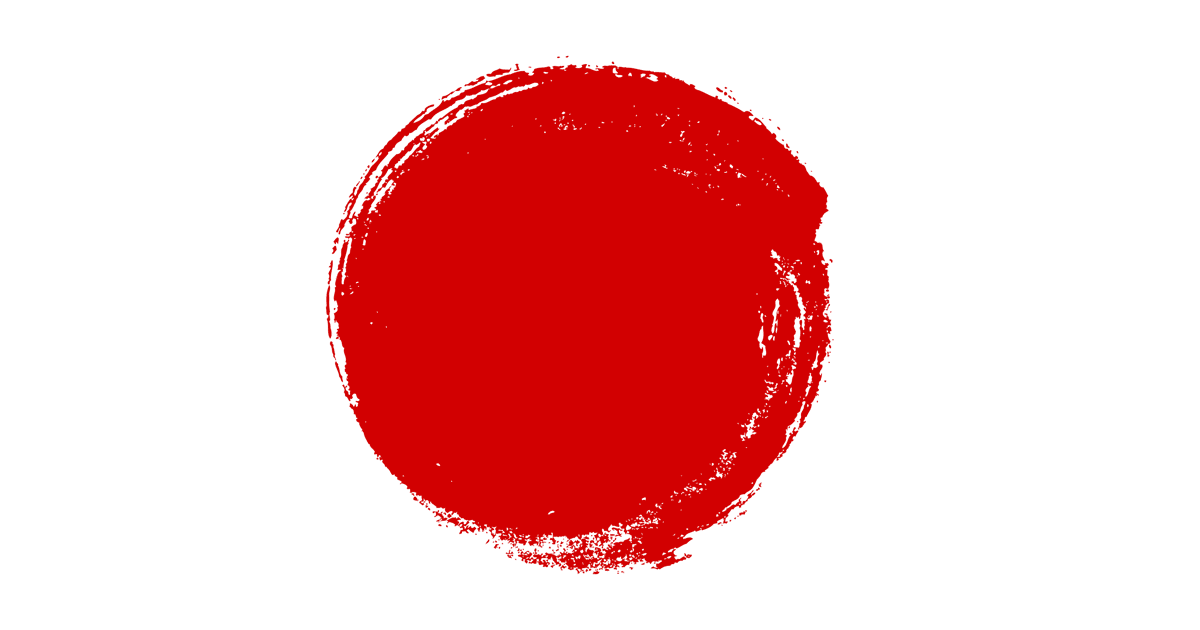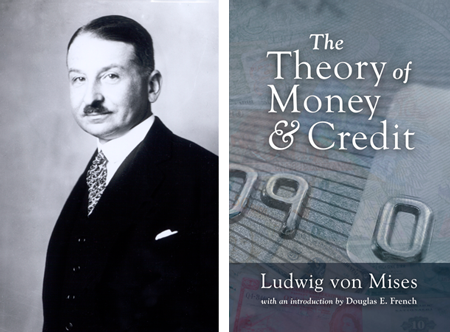Even those fortunate enough to have escaped infection by the Wuhan coronavirus will by now have noticed one of the virus’ many secondary effects: the disruption of the supply chain. Sick workers at meat plants, closed restaurants, hoarding, and the sudden spike in demand for things like ventilators, masks, and comestibles with long shelf lives have thrown the global flow of goods and services into disarray. Shelves are empty, crops are rotting in the fields—supply and demand are no longer matched, and the global economy is tying up in knots. Even the mails are bogged down. I went to a Japanese post office two days ago and was told something by the clerk there that I didn’t expect to hear in my lifetime: “Sorry, we can no longer send any letters to the USA.” This
Topics:
Jason Morgan considers the following as important: 6b) Mises.org, Featured, newsletter
This could be interesting, too:
Nachrichten Ticker - www.finanzen.ch writes Die Performance der Kryptowährungen in KW 9: Das hat sich bei Bitcoin, Ether & Co. getan
Nachrichten Ticker - www.finanzen.ch writes Wer verbirgt sich hinter der Ethereum-Technologie?
Martin Hartmann writes Eine Analyse nach den Lehren von Milton Friedman
Marc Chandler writes March 2025 Monthly
 Even those fortunate enough to have escaped infection by the Wuhan coronavirus will by now have noticed one of the virus’ many secondary effects: the disruption of the supply chain. Sick workers at meat plants, closed restaurants, hoarding, and the sudden spike in demand for things like ventilators, masks, and comestibles with long shelf lives have thrown the global flow of goods and services into disarray. Shelves are empty, crops are rotting in the fields—supply and demand are no longer matched, and the global economy is tying up in knots.
Even those fortunate enough to have escaped infection by the Wuhan coronavirus will by now have noticed one of the virus’ many secondary effects: the disruption of the supply chain. Sick workers at meat plants, closed restaurants, hoarding, and the sudden spike in demand for things like ventilators, masks, and comestibles with long shelf lives have thrown the global flow of goods and services into disarray. Shelves are empty, crops are rotting in the fields—supply and demand are no longer matched, and the global economy is tying up in knots.
Even the mails are bogged down. I went to a Japanese post office two days ago and was told something by the clerk there that I didn’t expect to hear in my lifetime: “Sorry, we can no longer send any letters to the USA.”
This secondary effect is giving rise to a tertiary one, namely, concerns over dependency on supply chains that rely on Chinese goods. Given Japan’s proximity to China, and China’s increasing turn toward authoritarianism, many Japanese are hoping there are ways to do business without China.
But whatever one thinks of the level of danger posed by the Chinese regime, the fact remains that it would be wise for the Japanese to start thinking seriously about how to encourage domestic industries.
For a hint on how to do this, we might look at some interesting new developments in the former second-biggest economy itself.
Japan rose from the rubble of World War II and came eventually to rival its erstwhile vanquisher by dint of what many began to call Japan, Inc., which is the general appellation for how things used to work here—the “iron triangle” of industry, bureaucracy, and Liberal Democratic Party (LDP) political rule that provided the general framework for making big decisions about economic directionality at the top of the Japanese political-economic food chain. The Ministry of International Trade and Industry (MITI; now METI, the Ministry of Economy, Trade, and Industry), and the LDP politicians who (as Harvard legal and economic historian Mark Ramseyer has shown) kept MITI on political track, together directed state resources such as power grids and research funds toward industries deemed by the government to be good for Japan as a whole. Hence, Japan, Inc.—the corporation the size of a country, with a private sector hemmed in by a set-piece relationship among keiretsu captains, bureaucratic heavyweights, and political insiders.
This all worked well for a while. Until it didn’t. One of my first real jobs was at a factory in Ibaraki Prefecture, Japan. The factory used to make printers, but production had been shipped to rural Vietnam to cut costs and the only people left in the printer section were the office workers and engineers. People from our section used to travel to Vietnam often to coordinate the supply chain and make sure that QC (quality control) was up to Japanese standards. But all the printer-making jobs that used to be in Ibaraki had gone to Southeast Asia—which, ironically, had been raised to the level of being able to host Japanese manufacturing in the first place thanks to enormous economic aid (i.e., “official development assistance”) from Tokyo after the end of World War II. Japan, Inc. had bifurcated itself. One half wanted to maintain the cradle-to-grave welfare and employment stability for which postwar Japan was justly famous. The other half wanted to increase its influence and foster goodwill among the rest of Asia. What two generations of postwar Japanese people enjoyed was largely denied to a third. Japan, Inc. began to be seen by many here to be more nostalgia and empty promise than substantial boon for the majority of workers and their families. It lost its luster, especially when the bottom fell out of the economy after the government-fueled loose money speculative bubble and inevitable crash now more than two lost decades ago.
This, coupled with a series of serious scandals in which the Japanese government proved itself much more inept than many had realized—from the massive Lockheed bribery scandal beginning in the 1950s to the botched response to the Fukushima triple disaster in 2011—put an end to Japan, Inc. in fact if not yet in name. Abenomics, the attempt by the present prime minister, Abe Shinzō, to resuscitate the Japanese economy by means of yet more Keynesian cash, is Japan, Inc.’s last gasp. Many here are beginning to advocate true free market solutions that are a big departure from the economic paternalism of decades past.
As proof, Ezaki Michio, a policy analyst and researcher who is a professed devotee of the free market and small government, published an op-ed earlier this month in the Sankei Shimbun—the newspaper of record for fiscal sanity and political clearheadedness—calling for strengthening the Japanese domestic economy and countering the perceived geopolitical threat posed by Japan’s communist neighbor on
There’s an added benefit to all this, Ezaki argues: a business-friendly Japan is an economically diverse Japan, and an economically diverse Japan need not rely on any one country for the majority of its essential needs. One silver lining to the coronavirus pandemic may be that it wakes the sleeping giant of Japanese R&D (research and development) and strengthens the Japanese economy—now in a Keynesian coma—back into fighting form again.
Tags: Featured,newsletter







